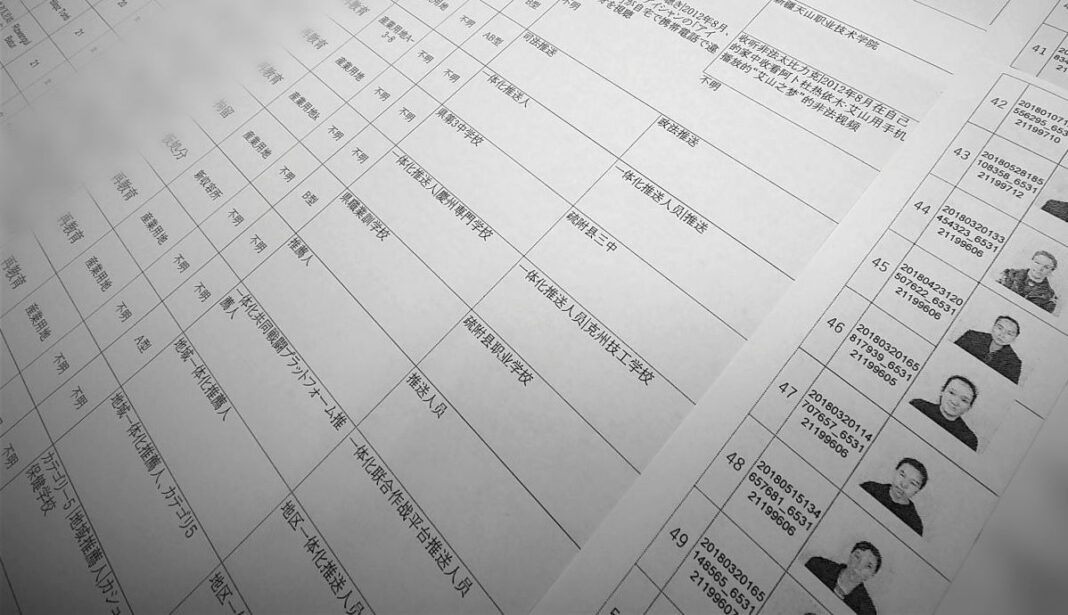Twenty-seven years ago, on February 5, 1997, a group of young Uyghurs staged a peaceful demonstration in the city of Ghulja (Yining in Chinese) to protest China’s repressive policies. Armed Chinese police fired on the crowd to suppress the demonstration. There then followed a series of large-scale, indiscriminate arrests, with young Uyghur people disappearing from the streets of Ghulja.
Afterward, there were many reports of detainees freezing to death, being tortured, or suffering mental problems after their release. This is what happened during and after the “Ghulja Incident.” At that time, not only were methods of communication limited, but the Chinese government strictly controlled information about the event.
Consequently, China was not subjected to severe sanctions by the international community. In fact, the very month following the incident, Japan resumed its grant aid to China, which had been frozen in principle due to China’s nuclear testing.
After that, thanks to economic and technical assistance from developed countries, including Japan, China achieved dramatic economic growth. This allowed the Chinese Communist Party (CCP) to further consolidate its dictatorial rule. The international community should have paid proper attention to this incident and stopped lending China economic support. If it did, we might not have the colossal monster state threatening the international order we face today.
A Divided United Nations
Now, a quarter century later, in regard to the Uyghur issue, a standoff continues at the United Nations. On one side are democratic countries that share values regarding human rights. Countries on the other side have succumbed to the lure of Chinese money.
In August 2022, the Office of the UN High Commissioner for Human Rights (OHCHIR) released a report on this issue. It acknowledged that China’s actions against the Uyghur people in Xinjiang “may constitute international crimes, in particular crimes against humanity.”
Nevertheless, in October of that same year, the UN Human Rights Council rejected a motion calling for discussion of the Uyghur human rights issue based on this report. The tremendous influence that China exerts on UN member states is clear. They were determined to ignore a report by an organ of the UN itself that is critical of Chinese human rights violations.

